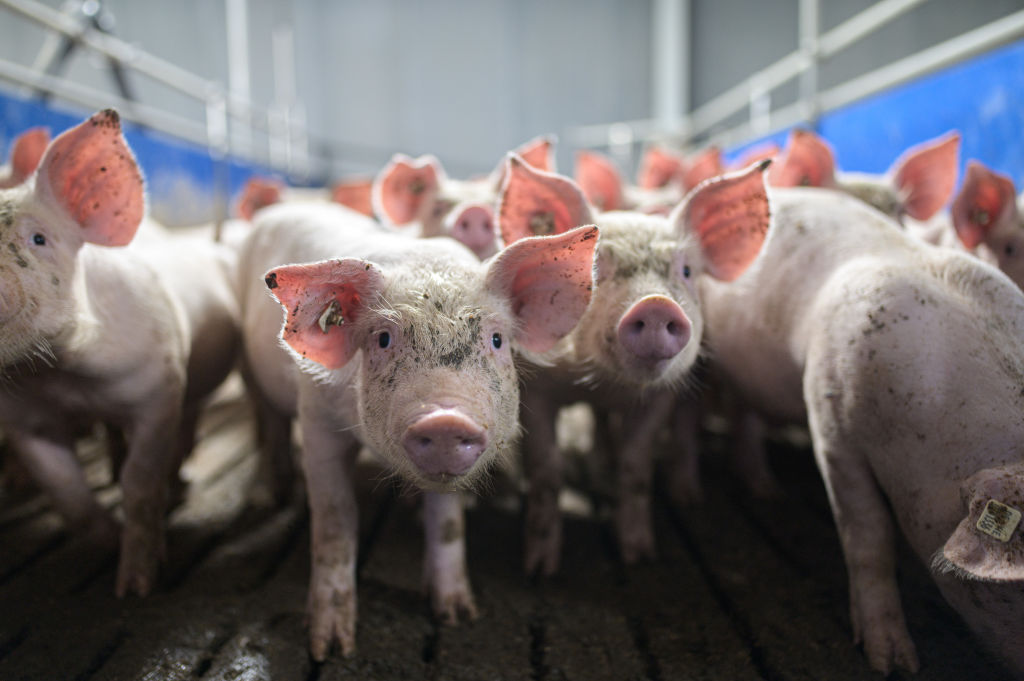Cabinet officials in Germany want to axe unnecessary EU bureaucracy.
With the country’s economy shrinking under the weight of demographic change as well as the impact and aftermath of COVID-19 and the energy crisis, ministers in the country say they are hoping to kick-start business by making it easier to invest in and operate across Europe.
“In Germany and throughout the EU, a veritable bureaucracy thicket has emerged over the decades,” economy and climate-action minister Robert Habeck said, describing the situation now as “a real barrier to investment”.
The position is shared by German justice minister Marco Buschmann, who said the government now wanted to see the “high mountains” of EU paperwork reduced to something more resembling hills.
“We will keep what makes Europe strong,” he said, touting the reforms. “What weakens us belongs in the shredder.”
"The EU likes to suggest that it has relevance on the world stage and can 'project' globally, but how can it when it takes half the year off?" asks @jrfjeffrey.
| @Raphfel |https://t.co/s6joi6pKFg
— Brussels Signal (@brusselssignal) August 18, 2023
In some ways resembling the so-called “Brexit bonfire” planned by the UK after leaving the EU, German officials are reportedly bullish that such an initiative will be supported by others in the bloc.
In particular, ministers are hoping to get the support of President Emmanuel Macron’s France, given that he previously expressed an interest in seeing EU bureaucracy reduced.
Macron’s own interests regarding EU reforms appear however to have shifted elsewhere, with the President voicing support for a change in how EU membership works.
In a speech on August 28, Macron suggested a new “multi-speed” approach to membership of the bloc as part of efforts to expand the EU eastwards.
“The risk is to think we can enlarge without reform,” he said, arguing that the EU was already struggling to pass legislation with 27 members, let alone 32 or 35.
“We’ll need audacity, to accept more integration in some areas and maybe even a multi-speed Europe,” he added, claiming adapted forms of membership could help get various candidate countries, such as Ukraine and Moldova, up to speed with the operations of Brussels.
"EU institutions are increasingly acting against the law. Make decisions first, then seek the basis … I call this potential creation an oligarchic superstate," said Polish MEP @JSaryuszWolski. https://t.co/ZwIfA2ykYk
— Brussels Signal (@brusselssignal) July 24, 2023





